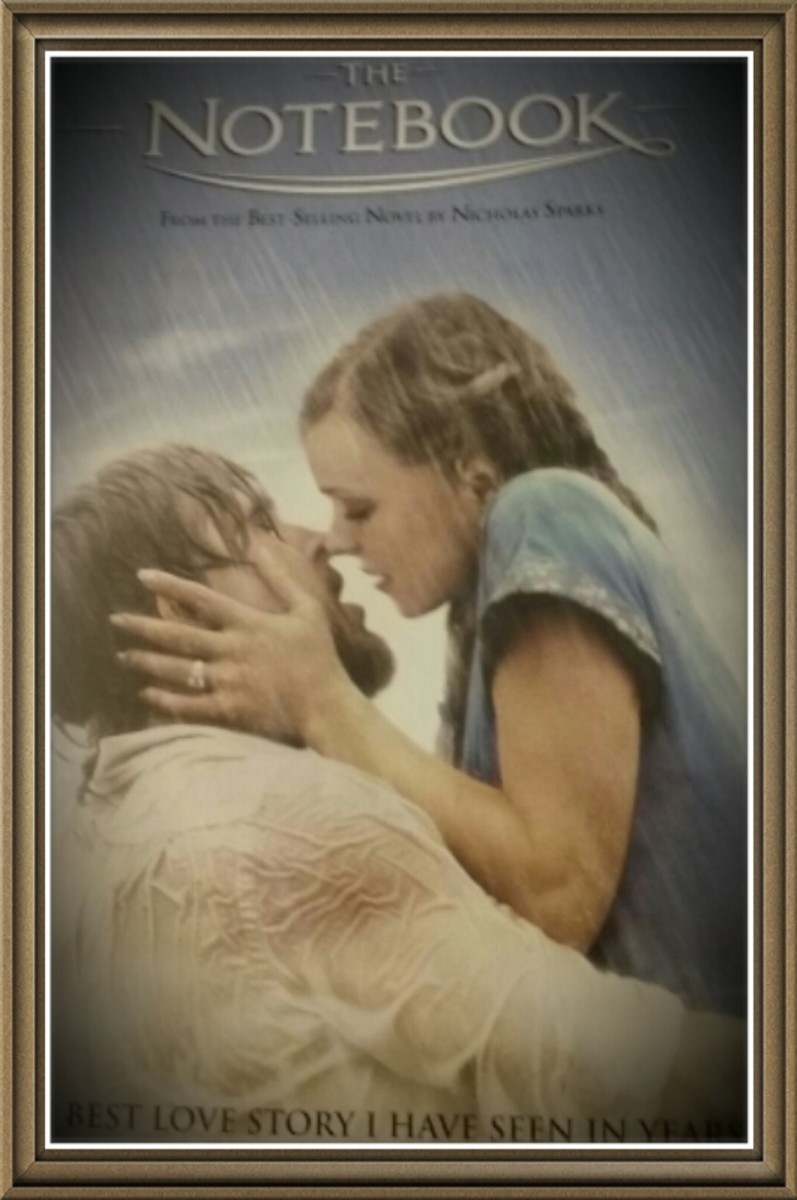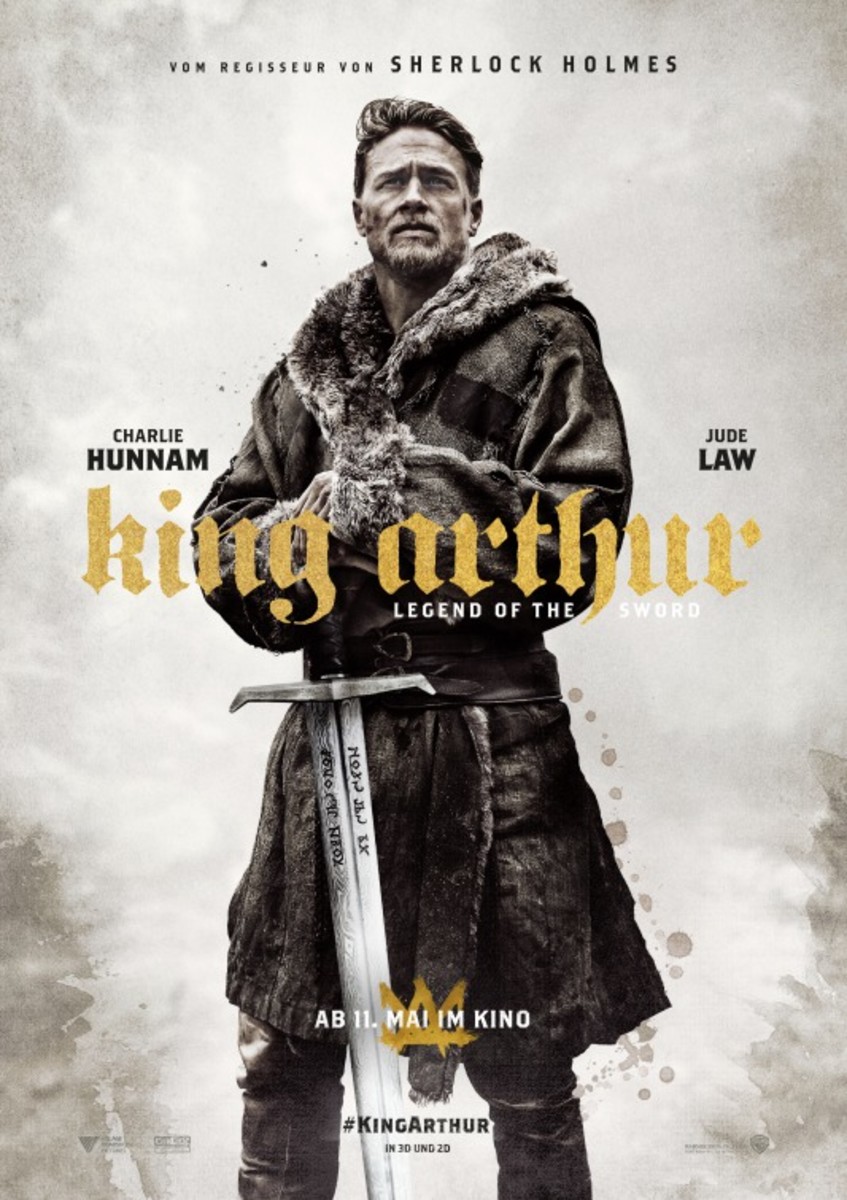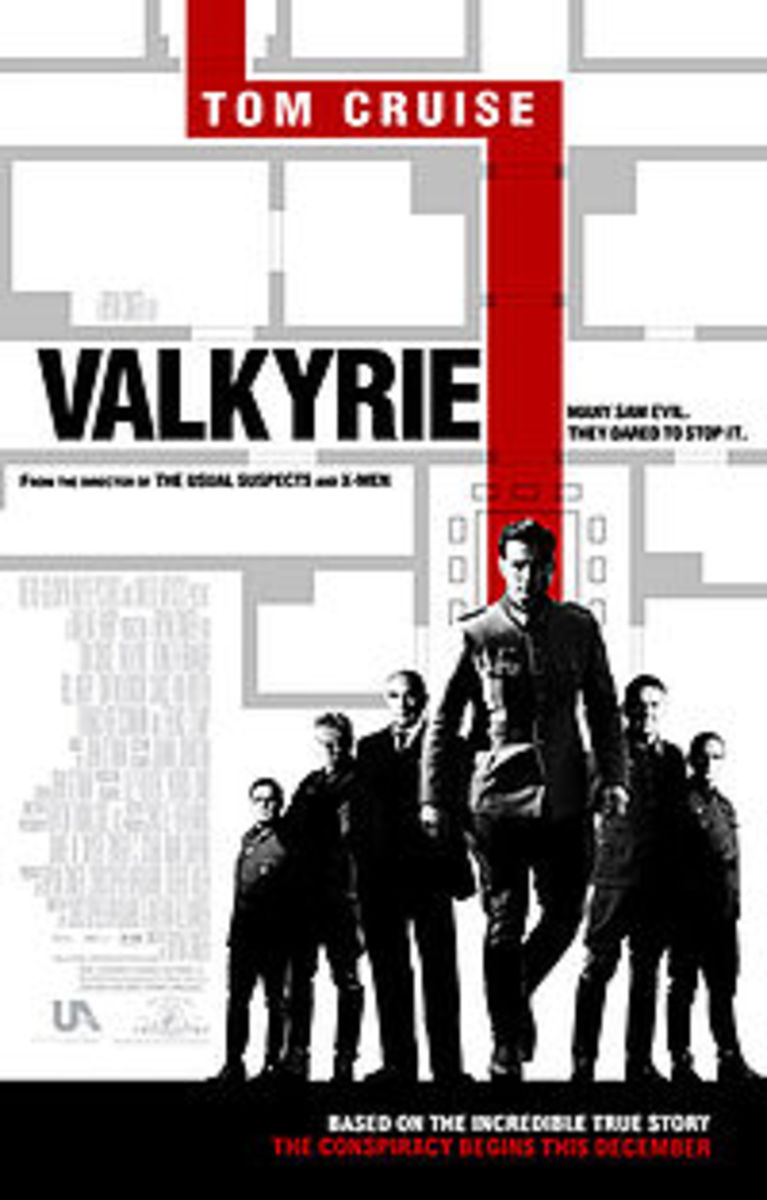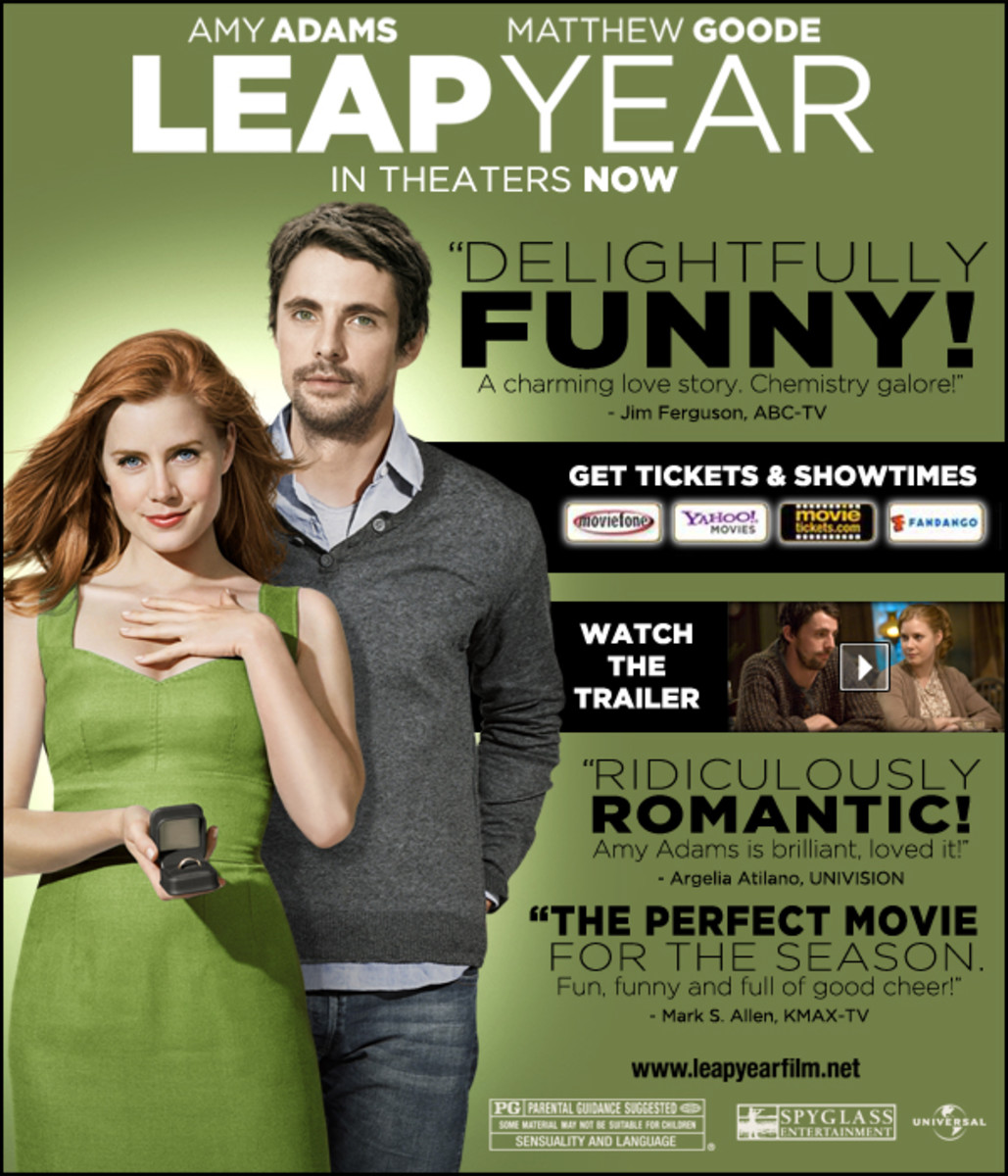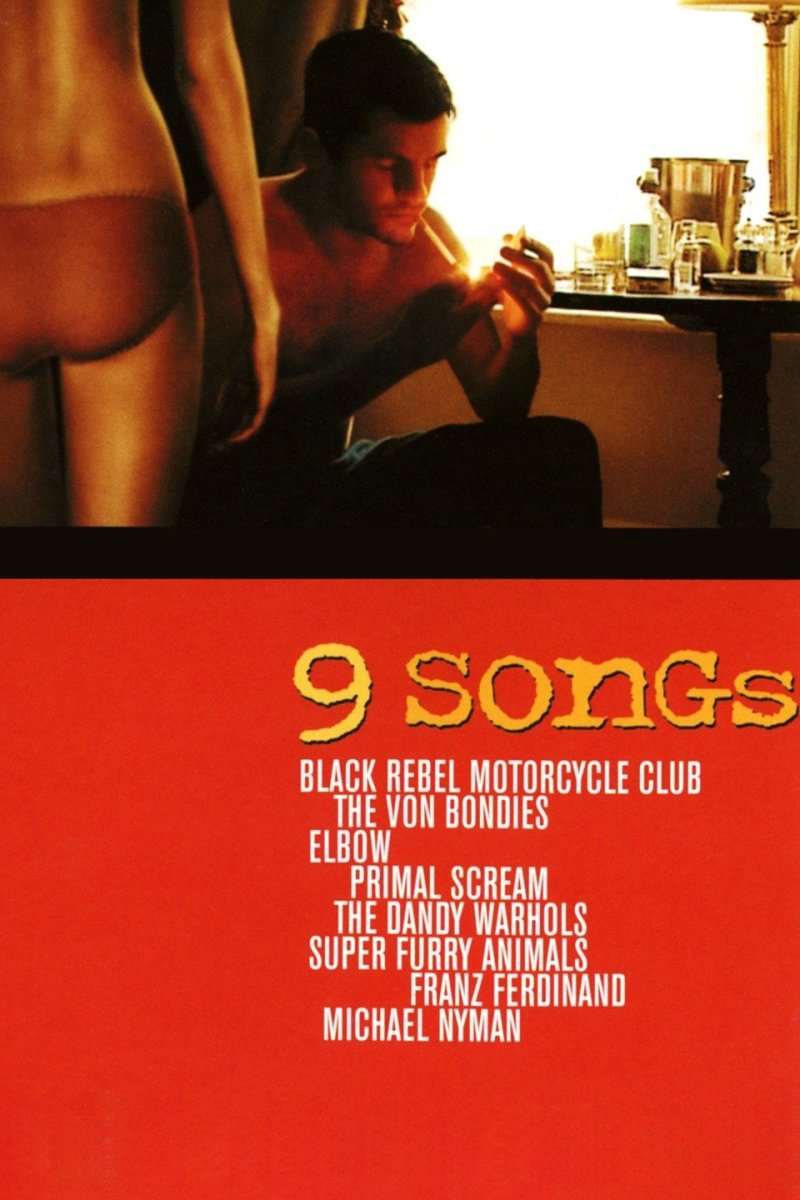The Case For Christ: A Movie Review
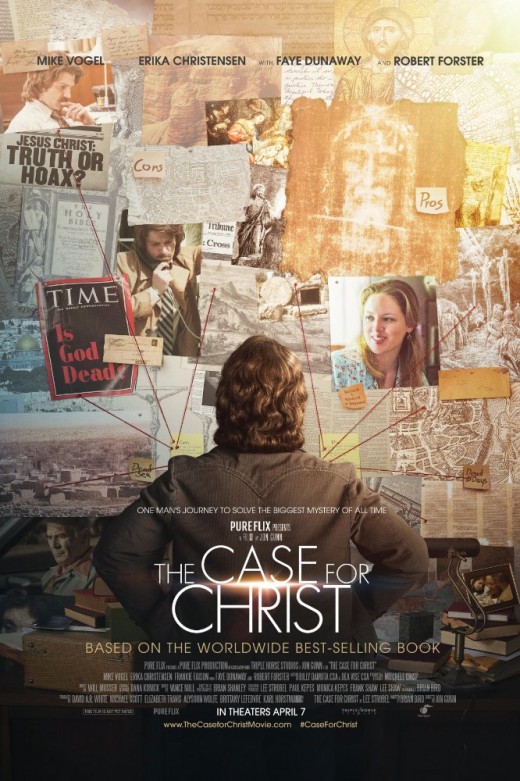
How A Nonfiction Investigation Becomes a Movie
The Case For Christ is a bestselling book by Lee Strobel which has been on bookshelves for decades. It is considered a classic of Christian Apologetics, up there with
Evidence that Demands a Verdict and
Who Moved the Stone.
The book is the journey of a reporter who is an atheist, as he takes a skeptical journey, using the tools of journalism, to unearth the truth of Christ’s resurrection.
Albeit a fascinating look at facts and interviews, it is difficult to imagine how they would turn the story of a guy going around and interviewing a bunch of people into a movie.
Surprisingly, not only does Pure Flix Entertainment turn the real-life investigation into a movie – they turn it into a good movie. This point needs to be emphasized because, while Christian movies have been hitting the big screen with increasing frequency in the last decade or so, most of them are cringe-worthy attempts from cultural outsiders to make themselves culturally relevant.
In order to supplement the story of Strobel’s investigation, the movie shows a parallel investigation that Lee is pursuing for his paper, as he does his personal look into the Resurrection on the side. The case he is investigation is a real-crime story of a police shooting, and the facts which are not as clear-cut as they initially seem. This serves as a good parallel for his atheist look at Christianity, because he needs to struggle to set his biases aside in order to be an impartial reporter of the facts. A large part of the film also revolves around the marital conflict that occurs when Lee, a hard-core atheist, has to face up to the fact that his wife has suddenly found religion through some fairly dramatic circumstances. This event – which is the catalyst for his investigation – puts him on extremely uncomfortable ground, since he and his wife now disagree on their most fundamental core beliefs.
The marital conflict shown in the film is not the product of fiction, either. Lee and his wife later used this difficulty as the inspiration to their co-authored book Spiritual Mismatch.
Unlike similar Christian films, Case for Christ puts Lee’s atheism in a sympathetic light. The viewer really feels Lee’s struggle as he sees his wife slipping away from him by transitioning into a life with which he strongly disagrees. Lee is not some “angry atheist” demonized by the script – he is a real person, and an intelligent one, as well.
The movie does an extremely satisfying setup for his Christian investigation. This flirts with some investigative clichés complete with pictures and articles stuck to a whiteboard with lines drawn between the evidence as he paints the larger picture for himself. Fans of Christian Apologetics will be excited to see the on-screen depiction of such larger-than-life characters as Gary Habermas and William Lane Craig.
Despite being a Christian movie, at no point do the characters seem like clichés or two-dimensional setups for the purposes of a railroaded plotline. The movie does no preaching to the audience – except, perhaps, when it shows a brief clip of a preacher giving a sermon. But even this is done for the sake of plot. The combination of real-crime drama, family conflict and the underlying investigation into the resurrection (a ploy to dissuade his wife of her silly religious beliefs) combines with some truly good acting to make not just a watchable film, but a really enjoyable one.

